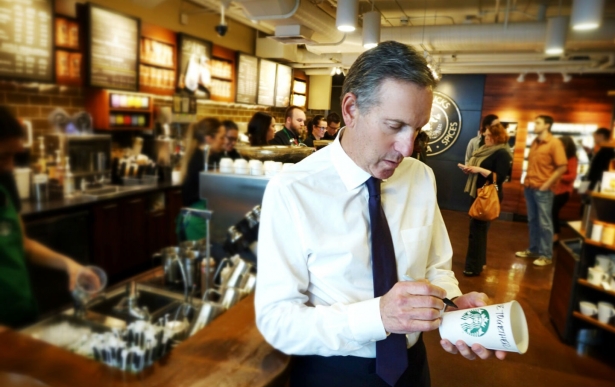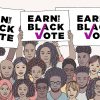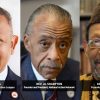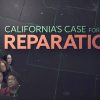Starbucks CEO Howard Schultz. (Photo via Starbucks)
My hope is that no Starbucks barista anywhere dares write “Race Together” on anyone’s latte and decides to have a “conversation about race” with customers who simply wanted to pay too much for a cup of coffee. Not only is it extra work for which employees are not being compensated, my gut tells me these conversations will go down with as much awkwardness and anger as the 1975 Saturday Night Live“Word Association” sketch with Chevy Chase and Richard Pryor, “in which tensions rise as racial slurs are exchanged, boiling over when Chase drops the infamous N-word and Pryor responses with a death threat.”
However, if there is a barista out there just dying to take part in their CEO’s new campaign, I hope they choose only white people to “Race Together” with, and I hope they ask only one question: Where in America are black people safe from racism?
At home? In the street? In their cars? Public transportation? At work? Where in America are black people safe from racism?
Nowhere. The answer is nowhere. I know this, but maybe it’s time white people were confronted with the question head on and made to consider the answer. And when they’re asked, possibly while nervously sipping their caramel macchiato, the barista should play this video of the arrest of University of Virginia student Martese Johnson and ask, “Should black people at least be safe at school? Can they be granted that much?”
Johnson was arrested outside of a bar he allegedly attempted to enter using a fake ID. He’s been charged with “resisting arrest, obstructing justice without threats of force, and profane swearing or intoxication in public.” According to an e-mail sent by a group of, as Jezebel describes them, concerned black students at UVA, the incident unfolded as follows:
According to The Cavalier Daily, the University of Virginia student newspaper, the arrest record says Johnson “was very agitated and belligerent but [has] no previous criminal history.” After customer and barista watch the video together, the barista should ask, “Did Martese have reason to be ‘agitated and belligerent,’ having his body thrown to the ground, his face bloodied, because he tried to do something college students everywhere do?”
And if things haven’t gotten too tense at this point, they should then start talking about how Johnson’s exemplary credentials as a student have been mentioned throughout media reports about the incident, and ask this question: Does all that make a difference? If he weren’t an honor student, would he have deserved this treatment? Attending a prestigious university didn’t protect him from American racism, so why should his grades or student leadership? When will we reckon with the fact that there is no level of respectability a black person can reach that will distance them from racism, violent or otherwise?
This shouldn’t be a one-sided lecture on the part of the barista. The white person who’s likely to have gulped down everything in their cup including the foam should have to answer. White people everywhere should ask themselves this question daily. Where in America are black people safe from racism? They should have to answer honestly. Starbucks CEO Howard Schultz, if he’s really dedicated to this conversation, should kick it off. Then maybe I’ll entertain the idea of us being in this “race together.”
















